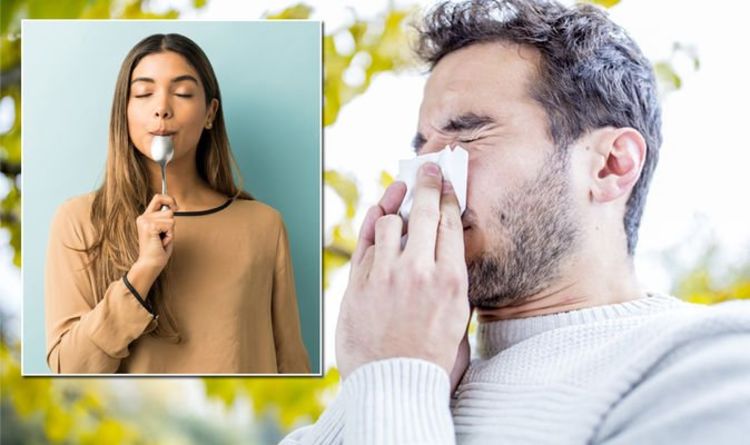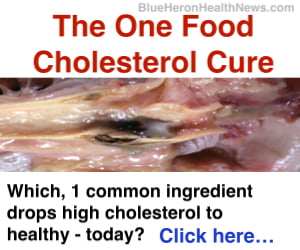Hay fever symptoms: Best diet to keep your coughing and sneezing at bay

While antihistamines and decongestants, (commonly used by hay fever sufferers), may help to alleviate the symptoms of hay fever, as with many medications, they can cause side effects, including drowsiness, dizziness, blurred vision and nausea.
According to Hannah Braye, nutritional therapist at Bio-Kult, eating more quercetin and vitamin C rich foods may be a good alternative.
She explained: “The phytonutrient quercetin is known for its anti-allergic properties, and is therefore a useful addition to any anti-allergy diet. Quercetin is thought to possess antioxidant, anti-inflammatory and anti-histamine properties.
“The main food sources are vegetables such as onions, garlic and broccoli, fruits such as apples, berries and grapes, some herbs and green and black tea. Quercetin appears to work synergistically with vitamin C, so topping up on lots of vitamin C rich foods such as broccoli, kiwi, strawberries, peppers and parsley is a good idea.
“Vitamin C is also an antioxidant which protects cells against free-radicals in allergic inflammatory responses and studies have found that children with increased vitamin C consumption had fewer hay-fever symptoms.”
READ MORE: Cancer symptoms: Toilet troubles may be indicative of a growing tumour – signs







